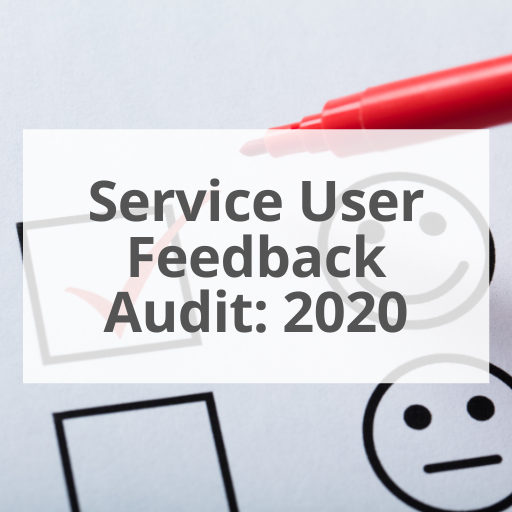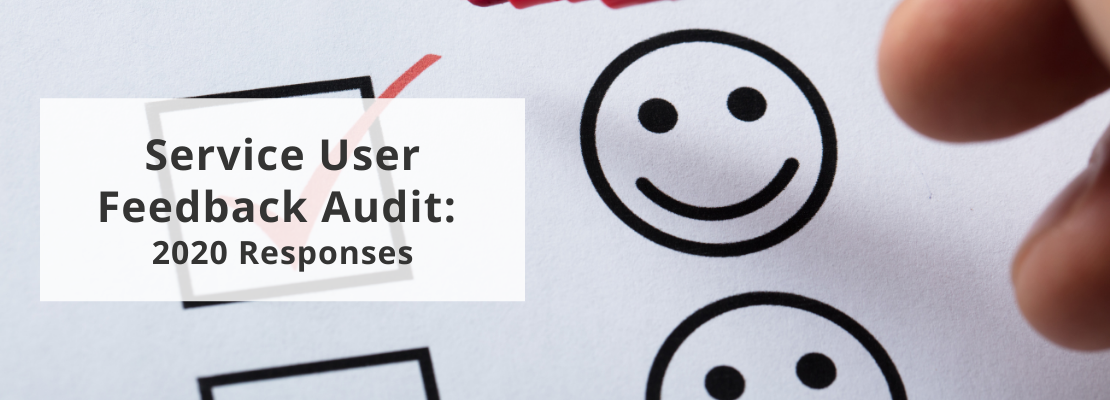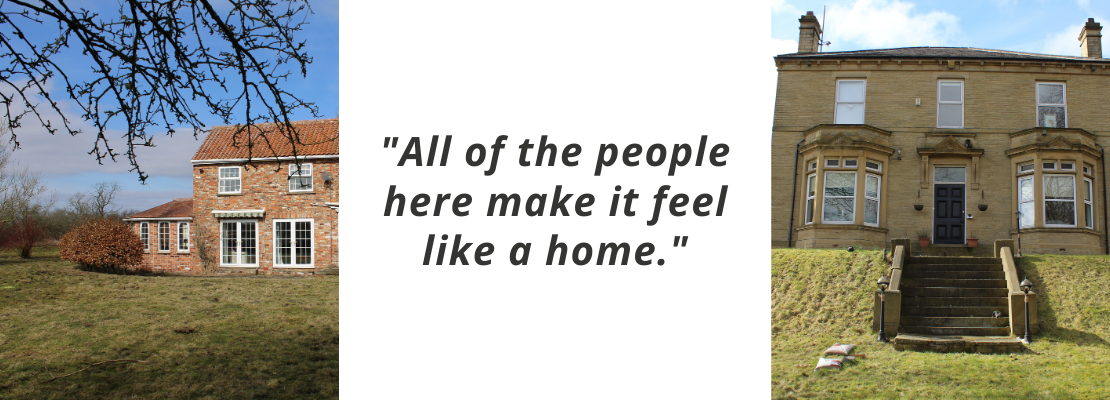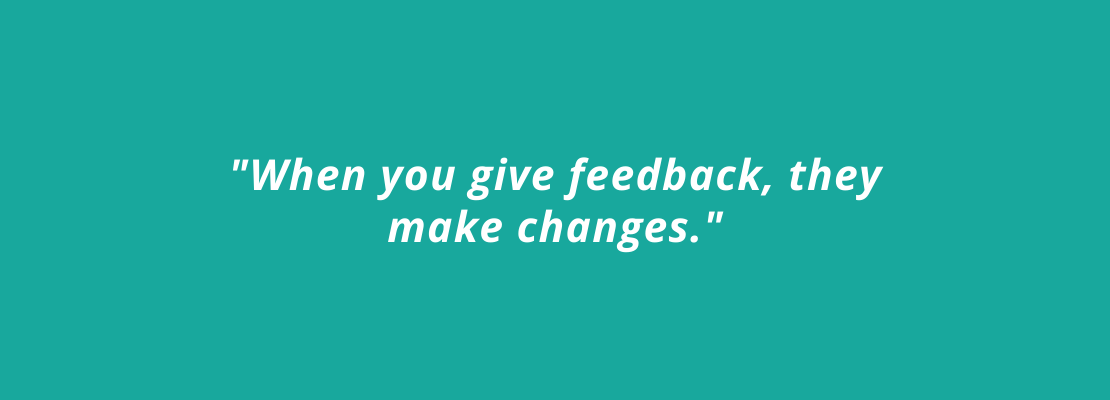26th Mar 2021
Service User Feedback Audit: 2020

As a service we recognise the value and importance of service user feedback in helping us to improve our services and ensure that they are the best they can be for the young people who use them.
Therefore, we feel it is vital that young people are regularly offered the opportunity to speak freely and openly about how they feel about the service. It is equally important to have an effective process in place to capture that feedback and ensure that it is implemented. To do this, at Care in Mind we conduct an annual ‘Service User Feedback Audit’ which takes place throughout June, July and August. As part of this audit all young people currently in service are sent a survey to complete.
The survey covers all aspects of the service and contains questions on the following topics:
- The residential home and the environment
- Care in Mind Team
- Independence and recovery
- Education, vocation and activities
- Service User Involvement
- Care and treatment
- Information and communication
- Feedback and complaints
Survey questions are mostly closed questions, making it easier for young people to complete. However, within the survey there are also lots of opportunities for young people to elaborate further on things if they would like to. Following on from the survey and as part of the audit process, young people are also offered the opportunity to meet with the Service User Involvement Coordinator for a follow up meeting, to discuss any further concerns or suggestions.
Once we have the results of the Service User Feedback Audit, it is analysed and a report containing a summary of the results with an action plan is drawn up. Subsequently, the action plan helps us plan our response to the feedback, and it informs how we plan to grow into the next year in alignment with what the young people actually want and need. The action plan and results are shared with the Clinical/Residential Operations Group, who monitor the action plan closely to ensure all actions are completed.

How Information is Communicated
We strive to communicate all relevant information to young people effectively to ensure that they feel part of their own care and can make informed decisions. Overall, when asked if they felt information was actually presented in a way that was easy to understand, 91% responded with either ‘Yes’ or ‘Sometimes’. Additionally, 83% felt that they were either always or sometimes informed about any changes in their care, and 92% felt that clinicians either sometimes or always take the time to explain their care and treatment in a way they could understand.
The Home
Half of young people surveyed felt that their residential home actually feels like a home, with a further 17% stating that it sometimes felt like a home. When asked why they felt this way, it seems that many of the reasons why it felt less like a home were in relation to COVID-related safety measures, such as PPE and COVID-19 information around the home. It’s unfortunate that this has been yet another negative impact of the past year, however, there were also some positive comments received in relation to this question.

Work Experience & Education
Building independence and providing young people with the tools to build up their future through education and work experience is an key element of our model of care. Of those surveyed, 100% of the young people felt that they are supported by Care in Mind either all of the time or some of the time to access education, volunteering, and work experience opportunities. We also strive to ensure young people explore their identity outside of their mental illness through hobbies and interests. When asked if they felt like Care in Mind supports them in pursuing hobbies and interests, 91% answered ‘Yes’ or ‘Sometimes’. Additionally, all young people surveyed shared that they felt an effort is always or sometimes made to set up activities that would be of interest and value to them.
Service User Involvement/Being Involved in Their Own Care
Involving young people in their own care in a meaningful and helpful way is an important part of the care we offer. Therefore, we were pleased that all young people questioned felt that either always or sometimes felt confident to contribute to their risk management and care plans. Furthermore, 100% also always or sometimes felt confident working with their clinical team on identifying goals towards recovery.

An important part of the survey process includes keeping the young people informed about the outcome of their involvement and are made aware of what action we will take as a service in response to their feedback. Therefore, the results of the survey are shared with all of our young people, utilising the ‘you said, we did’ framework to display this information is presented very clearly. For 2020, we reviewed and acted on feedback from five key areas; therapeutic risk management, complaints, boundaries & consequences, education & vocation, and information about changes to the service and your care. In response to the feedback, we formed working groups where appropriate and made key strides in addressing the concerns of our young people. However, it is also important to note that whilst the Service User Feedback Audit is a key part in addressing the worries of young people, this is also something we attend to throughout the year to ensure that we consistently provide the best possible care.

At Care in Mind, we view the Service User Feedback Audit as one of our most important audits, and we take the young people’s feedback very seriously. Through the audit, we can learn from the young people what we do and do not do well, and it also allows us to learn what they want from the service. Subsequently, the feedback helps us to make important decisions about Care in Mind to ensure that we provide a service that is tailored to the needs of those we care for.
Giving the young people an opportunity to have their voice heard when it comes to their own care is an important aspect of recovery. is essential in making sure we deliver the highest quality of service for those who use it.

